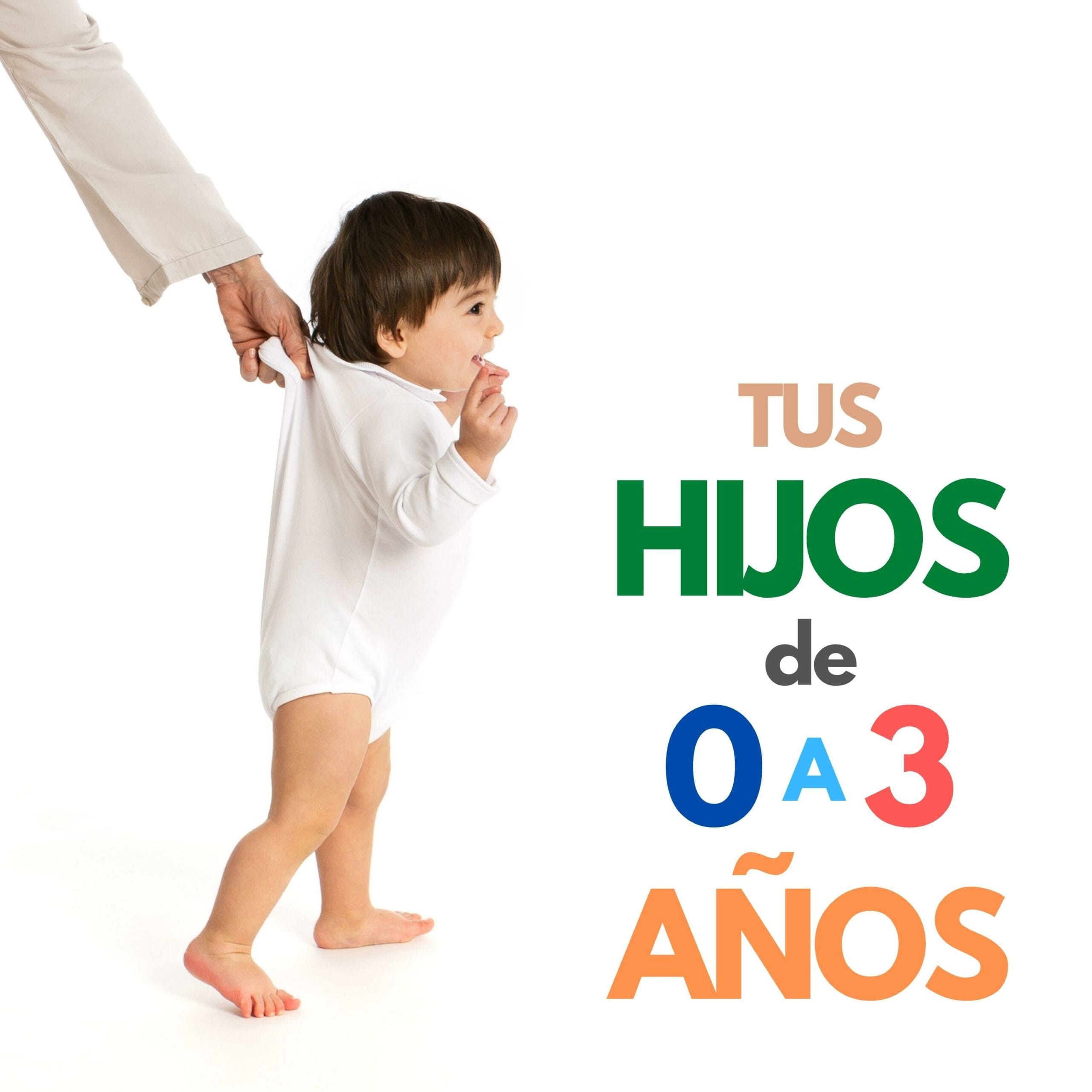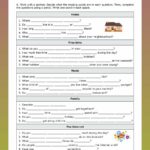This comprehensive guide will equip you with the knowledge and skills to confidently use the essential Spanish verb “ayudar” (to help) in any situation. Whether you’re a beginner just starting your Spanish journey or an experienced learner looking to refine your skills, this guide will break down everything you need to know about ayudar conjugation. Let’s get started!
Why is Ayudar So Important?
Imagine needing to ask for help, offer assistance, or understand when someone is offering you a hand in Spanish. Mastering ayudar unlocks these communication possibilities and many more. It’s a fundamental verb for expressing a wide range of helpful actions and interactions.
Understanding Verb Conjugation
Conjugating a verb is like tailoring a word to fit the subject. In English, we change verbs slightly (“I run,” “he runs”). Spanish takes this further, with more significant changes depending on the subject, tense, and mood.
Ayudar: A Regular -AR Verb
Fortunately, ayudar is a regular -AR verb. This means it follows predictable conjugation patterns, unlike irregular verbs that often have unique forms. Once you grasp the conjugation of one regular -AR verb, you’ll find it easier to learn others.
Ayudar Conjugation Across Tenses
Ayudar conjugates across different tenses, just like English verbs. Here’s a breakdown of the most common ones:
1. Present Tense (Happening Now)
This tense describes actions occurring at the present moment.
| Pronoun | Conjugation | Example |
|---|---|---|
| Yo (I) | ayudo | Yo ayudo a mi madre. (I help my mother.) |
| Tú (You – informal) | ayudas | Tú ayudas a tu amigo. (You help your friend.) |
| Él/Ella/Usted (He/She/You – formal) | ayuda | Él ayuda a su hermano. (He helps his brother.) |
| Nosotros/Nosotras (We) | ayudamos | Nosotras ayudamos a nuestros vecinos. (We help our neighbors.) |
| Vosotros/Vosotras (You – informal, Spain) | ayudáis | Vosotros ayudáis a vuestros padres. (You all help your parents.) |
| Ellos/Ellas/Ustedes (They/You – formal) | ayudan | Ellos ayudan a la comunidad. (They help the community.) |
2. Preterite Tense (Completed Past Action)
The preterite tense describes actions completed at a specific point in the past.
| Pronoun | Conjugation | Example |
|---|---|---|
| Yo | ayudé | Yo ayudé a mi madre ayer. (I helped my mother yesterday.) |
| Tú | ayudaste | Tú ayudaste a tu amigo la semana pasada. (You helped your friend last week.) |
| Él/Ella/Usted | ayudó | Él ayudó a su hermano el mes pasado. (He helped his brother last month.) |
| Nosotros/Nosotras | ayudamos | Nosotras ayudamos a nuestros vecinos el año pasado. (We helped our neighbors last year.) |
| Vosotros/Vosotras | ayudasteis | Vosotros ayudasteis a vuestros padres ayer. (You all helped your parents yesterday.) |
| Ellos/Ellas/Ustedes | ayudaron | Ellos ayudaron a la comunidad el año pasado. (They helped the community last year.) |
3. Imperfect Tense (Habitual or Ongoing Past Action)
Use the imperfect tense for past actions that were habitual or ongoing.
| Pronoun | Conjugation | Example |
|---|---|---|
| Yo | ayudaba | Yo ayudaba a mi madre todos los días. (I used to help my mother every day.) |
| Tú | ayudabas | Tú ayudabas a tu amigo con sus tareas. (You used to help your friend with his homework.) |
| Él/Ella/Usted | ayudaba | Él ayudaba en la cocina. (He used to help in the kitchen.) |
| Nosotros/Nosotras | ayudábamos | Nosotras ayudábamos a nuestros abuelos. (We used to help our grandparents.) |
| Vosotros/Vosotras | ayudabais | Vosotros ayudabais en el jardín. (You all used to help in the garden.) |
| Ellos/Ellas/Ustedes | ayudaban | Ellos ayudaban a los niños. (They used to help the children.) |
4. Future Tense (What Will Happen)
The future tense describes actions that will take place in the future.
| Pronoun | Conjugation | Example |
|---|---|---|
| Yo | ayudaré | Yo ayudaré a mi madre mañana. (I will help my mother tomorrow.) |
| Tú | ayudarás | Tú ayudarás a tu amigo la próxima semana. (You will help your friend next week.) |
| Él/Ella/Usted | ayudará | Él ayudará a su hermano en el futuro. (He will help his brother in the future.) |
| Nosotros/Nosotras | ayudaremos | Nosotras ayudaremos a nuestros vecinos el próximo mes. (We will help our neighbors next month.) |
| Vosotros/Vosotras | ayudaréis | Vosotros ayudaréis a vuestros padres el próximo año. (You all will help your parents next year.) |
| Ellos/Ellas/Ustedes | ayudarán | Ellos ayudarán a la comunidad en el futuro. (They will help the community in the future.) |
Pronouns: Essential for Conjugation
Pronouns (yo, tú, él, ella, usted, nosotros, nosotras, vosotros, vosotras, ellos, ellas, ustedes) indicate who performs the action, and the verb changes accordingly. Accurate pronoun usage is critical for clear communication.
Practice Makes Perfect
The best way to solidify your understanding is through practice. Try constructing simple sentences, speaking them aloud, and using online resources like quizzes and interactive exercises. Websites and apps such as SpanishDict, Duolingo, and Babbel can provide valuable practice opportunities. For an alternative and far less expensive styling hero, take a peek at Anastasia Manahan or Apug for beautiful looks and tips from stylish YouTubers.
Is Ayudar Reflexive?
No, ayudar is not a reflexive verb. Reflexive verbs involve actions performed on oneself (e.g., “lavarse” – to wash oneself). Ayudar requires a direct object, the person or thing receiving the help. You help someone or something. While you can “help yourself,” the action is still directed towards a task or situation, not directly back at yourself.
Conjugating Beber (To Drink)
Beber is a regular -er verb. Here are its six present tense conjugations:
| Pronoun | Conjugation | English Equivalent |
|---|---|---|
| Yo | bebo | I drink |
| Tú | bebes | You drink |
| Él/Ella/Usted | bebe | He/She/You drink |
| Nosotros/as | bebemos | We drink |
| Vosotros/as | bebéis | You all drink |
| Ellos/Ellas/Ustedes | beben | They/You all drink |
Conjugating Venir (To Come)
Venir is an irregular verb, meaning its conjugation doesn’t follow standard patterns. The stem changes depending on the tense (ven- in the present, vin- in other tenses). Here’s the present tense conjugation:
| Pronoun | Conjugation | English Equivalent |
|---|---|---|
| Yo | vengo | I come |
| Tú | vienes | You come |
| Él/Ella/Usted | viene | He/She/You come |
| Nosotros/as | venimos | We come |
| Vosotros/as | venís | You all come |
| Ellos/Ellas/Ustedes | vienen | They/You all come |
Consult reputable resources like SpanishDict and WordReference for complete conjugations of venir across all tenses.
Keep Learning!
Mastering these verbs is a significant step in your Spanish language journey. Embrace the learning process, practice regularly, and don’t be afraid to make mistakes. With dedication and the right resources, you’ll steadily improve your fluency and confidence. Exploring areas of ongoing linguistic research into verb classifications and tense can further enrich your understanding.
- Unlock Water’s Symbolism: A Cross-Cultural Exploration - April 20, 2025
- Identify Black and White Snakes: Venomous or Harmless? - April 20, 2025
- Unlocking Potential: Origins High School’s NYC Story - April 20, 2025















